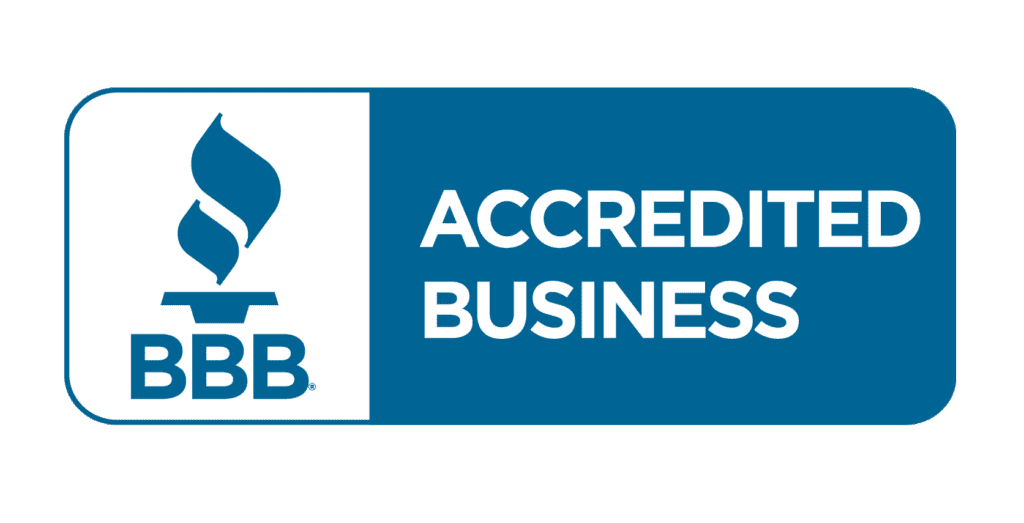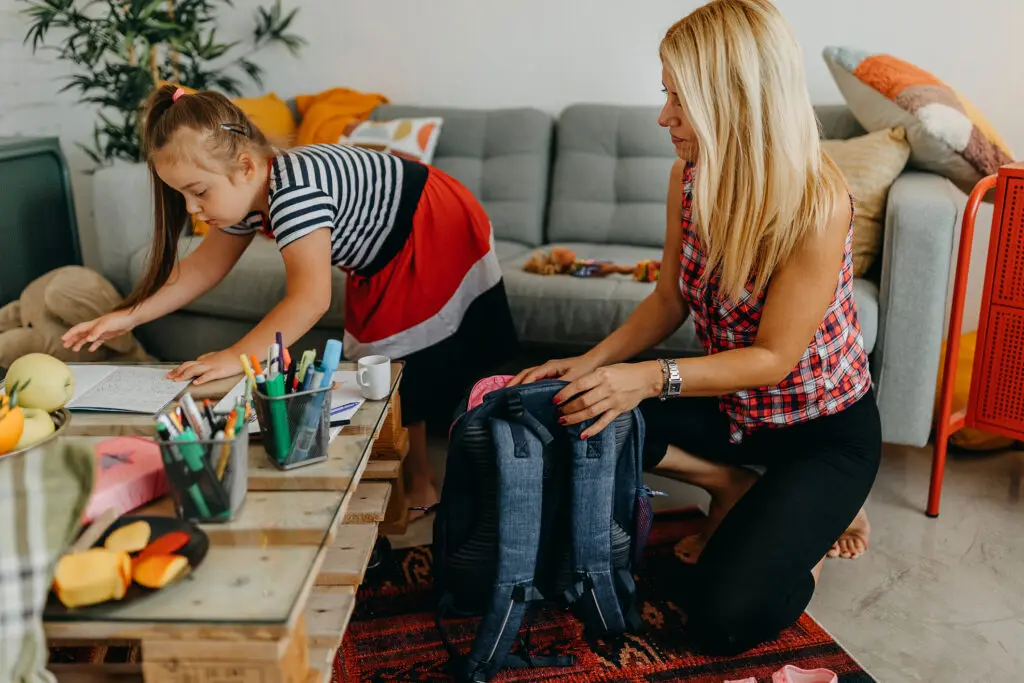
Back-to-school season brings with it a whirlwind of emotions like excitement, nerves, and a long list of to-dos. If your child has special needs and depends on incontinence supplies, there’s even more to think about. How will they manage at school? Will teachers understand their needs? What if there’s a leak?
This guide offers eight simple tips for managing incontinence at school, so your child can focus on learning, playing, and being proud of who they are.
1. Have a Heart-to-Heart Before the First Day
Start by talking openly with your child about what to expect at school and how their supplies will help keep them comfortable. Use simple, positive language to explain that using protection is no different than wearing glasses or having lunch packed just for them.
If your child is nervous about leaks or being teased by other kids, remind them:
- Lots of kids have different routines and needs.
- Most classmates won’t even notice if they wear protection.
- They can always talk to you or their teacher if something doesn’t feel right.
You might say:
- “Lots of kids have their own routines at school. Yours just includes a little extra care to keep you comfy.”
- “If you need to change, you can ask your teacher or go see the nurse for help.”
- “Your supplies are like your superhero gear; they protect you and give you confidence, like Superman’s cape does for him.”
For younger kids, using books, role play, or social stories can help ease anxiety and prepare them for bathroom routines in a school setting.
2. Talk to the Teacher or School Nurse
Don’t be afraid to speak up. Teachers and school staff can’t support your child if they don’t know what they need.
Most parents find it helpful to talk with:
- The classroom teacher
- The school nurse
- Any paraprofessionals, aides, or support staff
- Your child’s IEP or 504 coordinators (if applicable)
Consider sharing some of this information with them:
- When your child typically needs a bathroom break
- Where they’ll get backup supplies
- If your child needs help with changing, reminders, or extra privacy
- Any signs to watch for (e.g., accidents, discomfort)
- Ways to handle accidents discreetly if they occur
It can be helpful to request:
- A private bathroom or family restroom when possible
- A backup outfit stored in the nurse’s office
- Time built into the schedule for bathroom breaks
Many schools have plans in place for students with medical needs. You may want to ask about getting a 504 Plan or Individualized Health Plan (IHP) that outlines support in writing. This can be helpful if your child needs more flexibility for bathroom breaks, for example, or has mobility challenges.
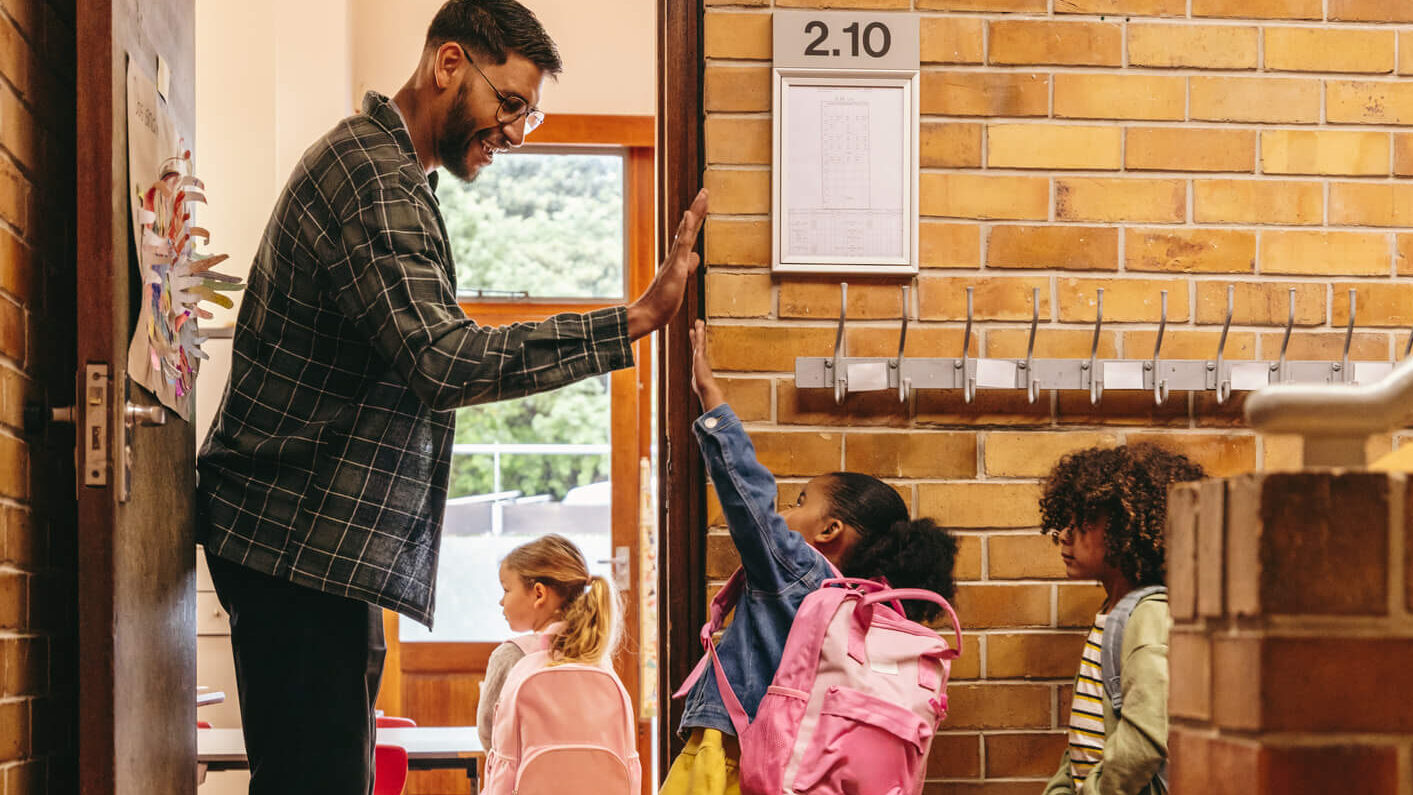
3. Practice the Routine at Home
Make school bathroom routines part of your morning practice run.
For example:
- Pack their backpack together with their supplies
- Role play asking the teacher to go to the bathroom
- Time how long it takes to change in a private space
This helps your child feel more confident when it’s time to do it for real. Repetition builds comfort, especially when changes happen in a safe space like their home!
You can also use tools like:
- Vibrating reminder watches for timed bathroom breaks
- Easy-to-open pull-ups or clothing with adaptive features
- Discreet disposal bags they can use independently (if applicable)
“Every time my son regressed, we went back to the basics. Potty charts and praise for trying, not just staying dry. That helped him stay motivated even after accidents.”
A parent shared in an online community.
4. Choose Supplies that Work at School
Back-to-school season is the perfect time to review your child’s current incontinence supplies. What works at home may not be as practical in a classroom setting.
Some parents prefer:
- Thinner pull-ups or pads for discretion
- Wipes in a travel pouch for quick clean-ups
- Disposable underpads for their backpack or nurse’s office
- Briefs with strong tabs that make independent changes easier
If you’re not sure what’s best, UroStat can send you free samples to try before you commit. We’ll even help make sure they’re covered by insurance when possible.
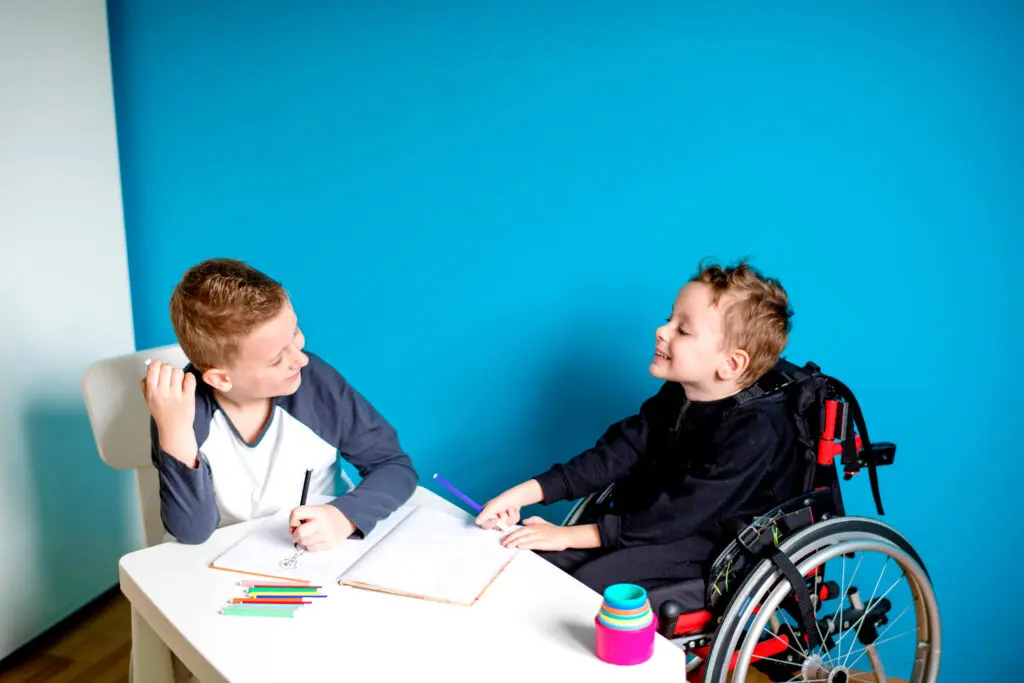
5. Pack a School Bag That Helps Them Feel Prepared
Include a small, discreet bag that your child can keep in their backpack, locker, or with the school nurse.
Some helpful items include:
- 1-2 extra pull-ups or briefs
- Travel-sized wipes
- Sealed disposal bags
- Change of underwear or clothing
- Laminated “note” your child can hand to the teacher if they’re shy about speaking up
Bonus Idea: Include a comfort item of theirs like a fidget toy or sticker book for a sense of familiarity during changes.
6. Set Realistic Expectations
The school year can seem like a long road, with some good days and some tough ones.
Here’s what other parents say helped:
- Praise effort, not just outcomes. Rewarding “dry days” can backfire, so celebrate bathroom visits and self-advocacy instead.
- Keep communication open with your child and the school.
- Don’t compare your child’s timeline to anyone else’s. Everyone is so different and has their own unique needs and path. Regression can happen with UTIs, growth spurts, big transitions, or because of other medical conditions.
“It took until the end of 3rd grade before my son had no more accidents. We just kept giving him grace, support, and good pull-ups.”
Shared by a mom in an online community.
7. Plan for Field Trips and Special Days
Assemblies, field trips, and theme days can really shake up routines, which might add some extra stress for kids dealing with incontinence. A bit of planning can make a huge difference!
- Ask teachers ahead of time if there will be accessible bathrooms, downtime for bathroom breaks, or chaperone support if needed.
- Pack a smaller bag-within-the-bag with essentials like a change of clothes, wipes, and pull-ups so they’re easy to grab on the go.
- Reassure your child that it’s okay to speak up if they need help or a break, as these moments are just part of taking care of themselves.
8. Celebrate the Wins (Big and Small)
The school year is packed with its fair share of challenges and triumphs. It’s important to help your child see their progress and boost their confidence.
- Celebrate those moments when they stand up for themselves, remember to take a bathroom break, or even manage a whole day without any accidents.
- You can use visual progress charts, fun stickers, or just a simple high-five to encourage them along the way.
- And on those tougher days, remind them that taking care of their body is something to be proud of.
Your support, patience, and praise are invaluable. They can truly help your child feel strong, secure, and more in control of their school journey.
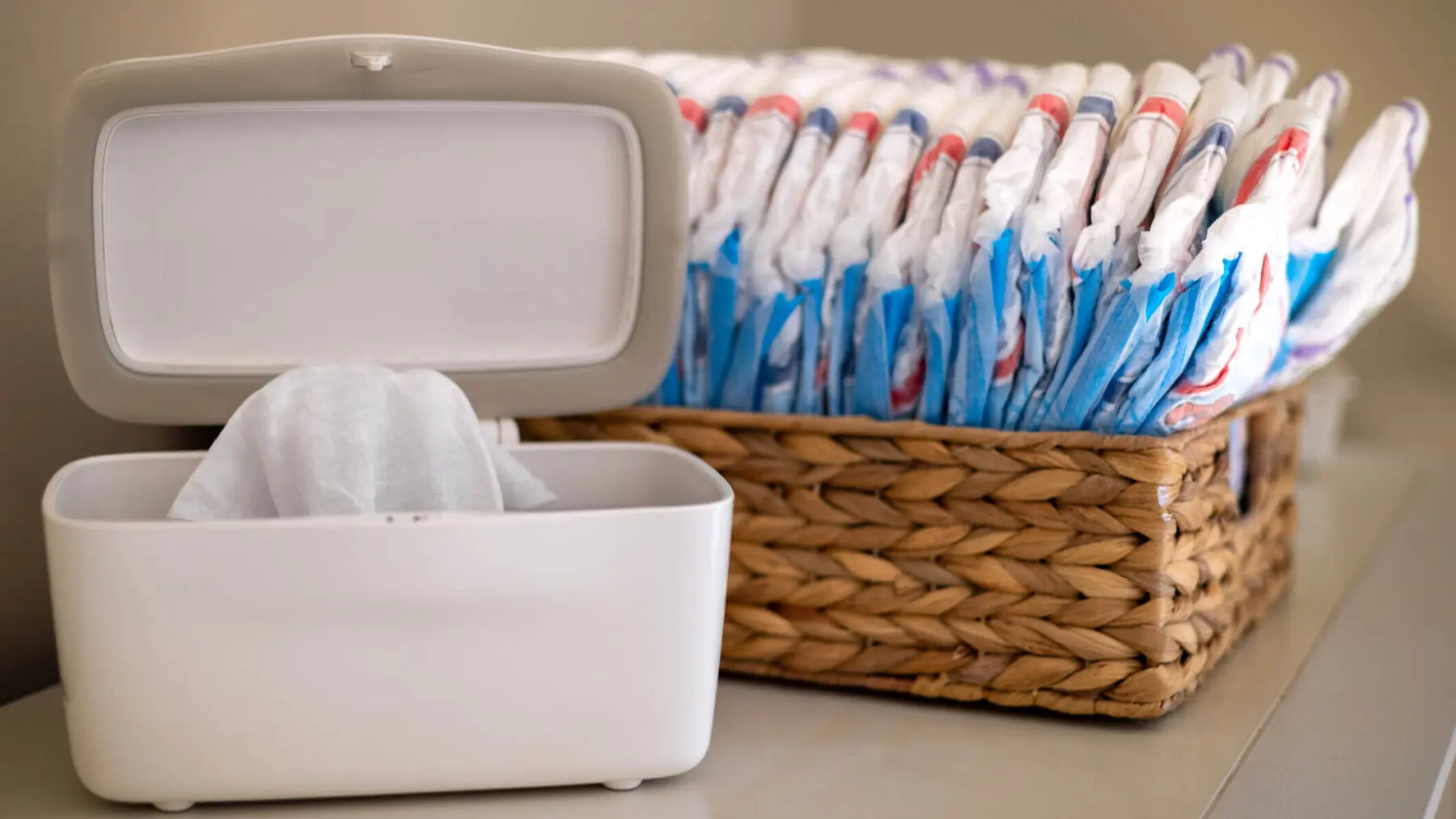
See If Your Child Qualifies for Free Incontinence Supplies
With UroStat Healthcare, your child may qualify to receive FREE incontinence supplies like pull-ups, diapers, pads, and wipes through their insurance plan. That means no more out-of-pocket surprises at the store and fewer last-minute runs for essentials.
We’ll walk you through every step, from checking eligibility and contacting your child’s doctor to finding the products that’ll actually work for your family. And the best part? You can reach out and work with us in whatever way suits you best, whether that’s texting us, calling us, or emailing us. We can even send you free samples to try at home and deliver everything in discreet, school-friendly packaging.
Don’t let incontinence take away your child’s confidence this school year. Fill out our quick Eligibility Form to find out if they qualify today.
Helpful Articles:
- Caring for Children with Special Needs: Incontinence Solutions
- Insurance-Covered Pediatric Incontinence Supplies Guide
- Child Incontinence: Common Causes and How to Help
- How to Find Trusted Catheter Supplies for Maximum Care?
- How to Help Your Child Cope With Incontinence At School – Parenting Special Needs Magazine



